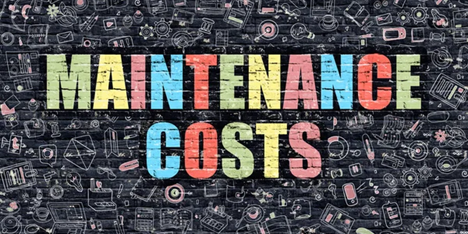Common area maintenance can be confusing, so how do you interpret common area maintenance (CAM’s) also known as operational expenses for a property? Terminology differs from lease to lease along with what is to be part of the CAM’s or operational expenses.
Most common types for retail and industrial leases are the triple nets (NNN). A triple net lease requires the Tenant(s) pro-rata share to bear all the cost of the operational expenses for the building inclusive of the owners’ property insurance and real estate taxes.
Most common for an office or medical office lease are full-service leases, with a base year, this means the rent and common area maintenance cost are inclusive for the first year. After the initial first year, the actual amount of expense for the first lease year become the baseline for a comparison on Tenant’s expense reimbursement. If the expenses are over the initial first year’s baseline the Tenant is responsible for reimbursement of their pro-rata share on the amount that is over the baseline year amount. If the total of expenses for the following year are less than the baseline, the Tenant is not responsible for any additional costs. The other most common for an office or medical office lease are full-service leases, net of; and this refers to the operational expenses being included in the rental rate for the exception of one, two or more of the following: most common, real estate taxes & insurance, then janitorial and utilities, etc.…
Which brings us to, could certain capital expense(s), be considered reimbursement from the Tenant? That depends, these items are typically answered by what the IRS allows; what is stated in the lease to be considered capital expense or what is landlord’s cost to bear as part of their ownership. Items such as governmental changes in the law, such as ADA, could be considered part of the reimbursement from the Tenant(s), if (i) is stated in the lease agreement and (ii) it follows the guidelines of the IRS codes.
Common area maintenance can be confusing when it becomes complex and to best serve your own understanding consult either your broker, lawyer, and/or CPA.



